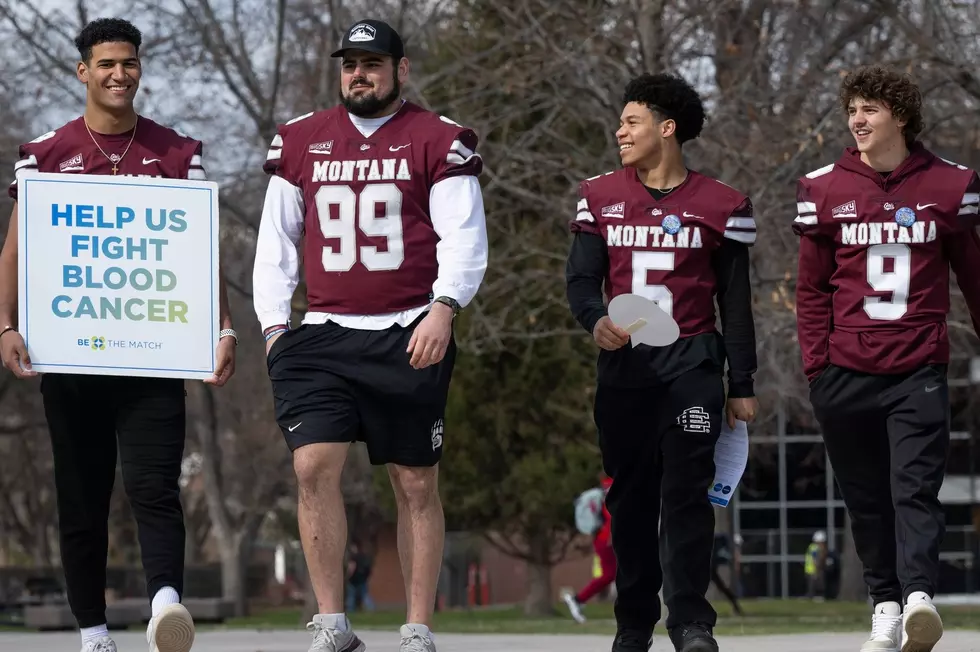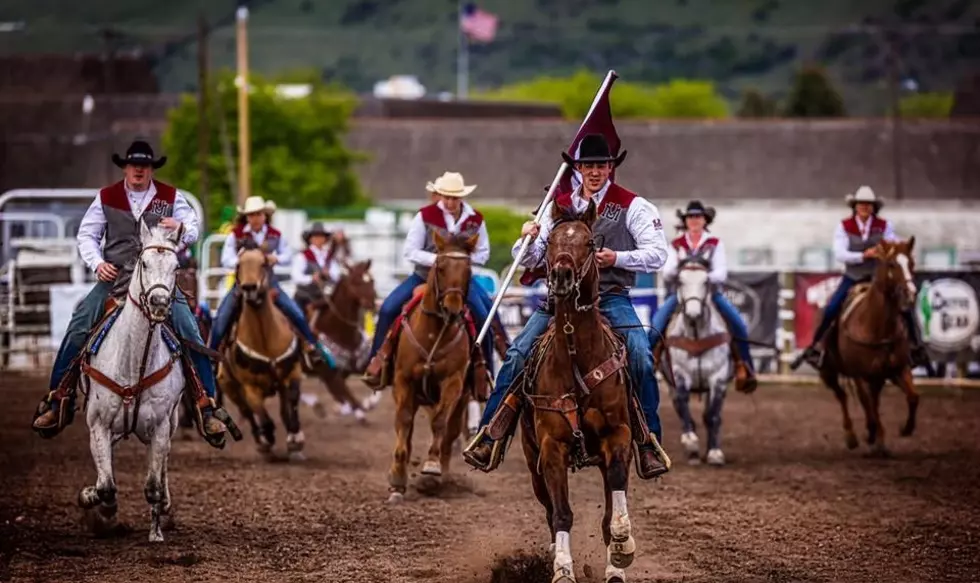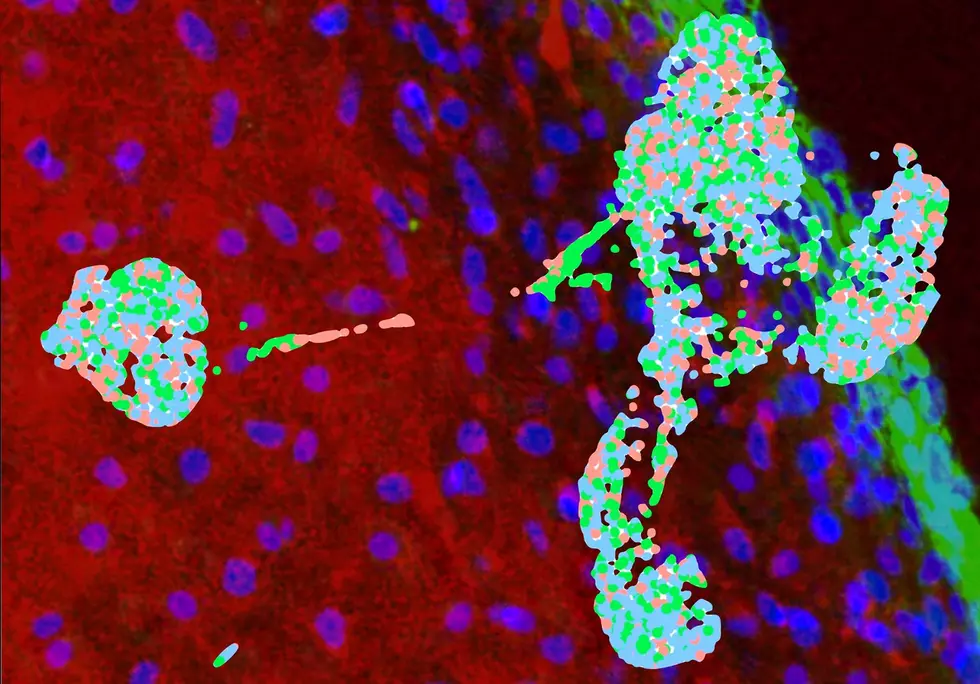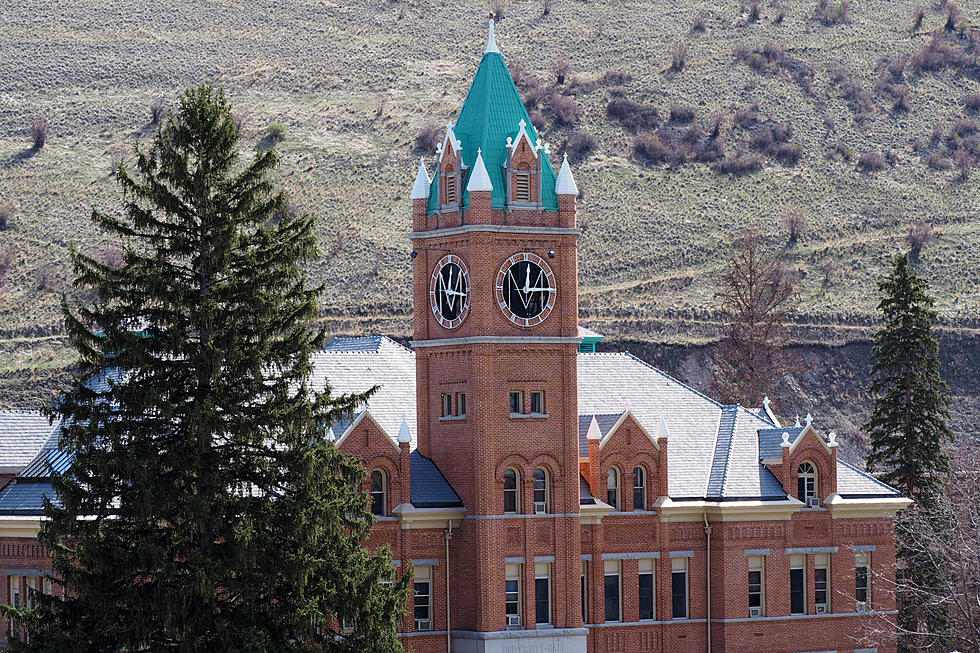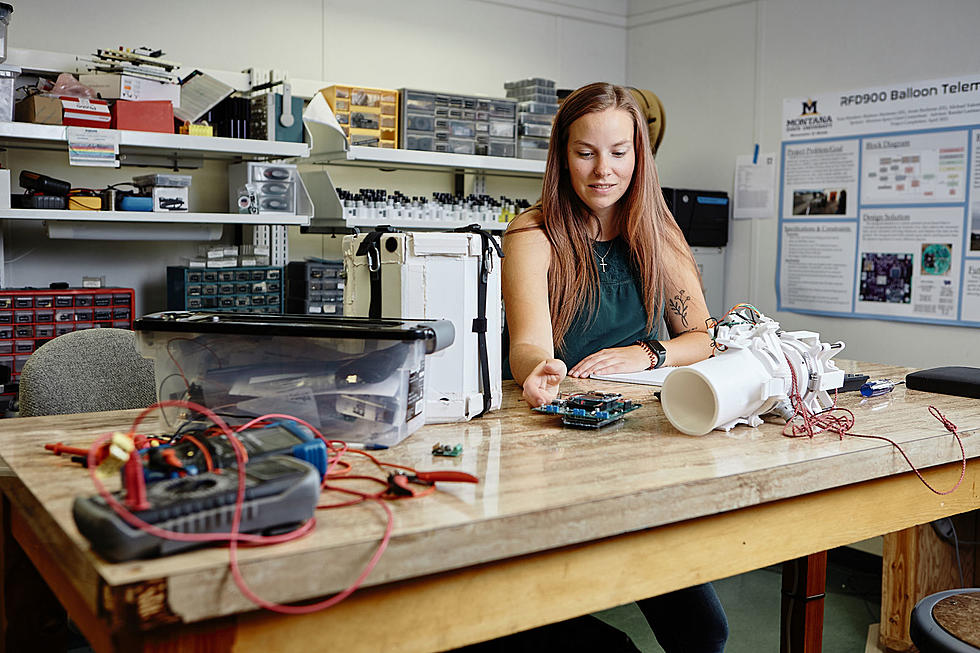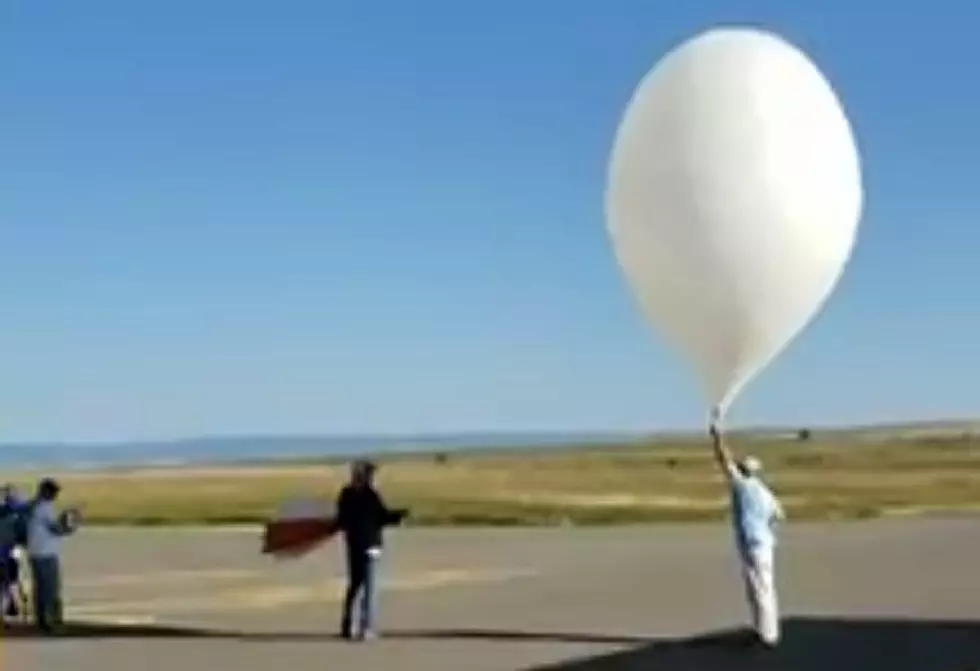
UM Team To Test Science Balloon Before Trip to Chile
There's a total solar eclipse in December. But we won't see it in Montana. It will be visible in Chile in the southern hemisphere. And a UM Montana team is going there.
During a similar eclipse (in the northern hemisphere) a year ago, a UM team launched science balloons with instruments to measure atmospheric gravity waves. The same type of conditions are occurring in Chile with this upcoming eclipse. Jennifer Fowler, director of UM's Autonomous Aerial Systems Office, said in a news release, "This will provide us with an opportunity to replicate the exact measurements we took last year, as this eclipse will have very similar conditions."
Atmospheric gravity waves are thought to affect the Earth's atmosphere as they pass through vertically. Researchers have noticed that adding the wave effects can help create more accurate weather pattern models. During an eclipse, the rapid cooling and reheating of the atmosphere can quickly change the effects of the waves. This UM study, launching a radiosonde balloon every hour for 48 hours, will concentrate on the middle atmosphere of Earth. The Montana team consists of three University of Montana students and two Carroll College students, along with two research staff. They are part of a larger team that will be in Chile from December 7 to 17.
The UM team will be launching a test radiosonde balloon Saturday, November 14, at the UM Oval in Missoula at about 11 a.m. The Balloon Outreach Research Exploration And Landscape Imaging System (BOREALIS) has been operating for over 20 years and was started by Montana State University and the Montana Space Grant Consortium (MSGC).
The trip itself will be challenging. Because of the COVID-19 worldwide pandemic, the team must self-isolate and be tested before leaving the US and after arriving in Santiago, Chile. To get to the launch sites in southern Chile they will travel through five different population centers with different health restrictions. "Just reaching the study site will be an adventure," Fowler said. They'll be posting updates at the Montana Space Grant Consortium Facebook page.
Celebs Share Their Personal Paranormal Stories
More From 94.9 KYSS FM

